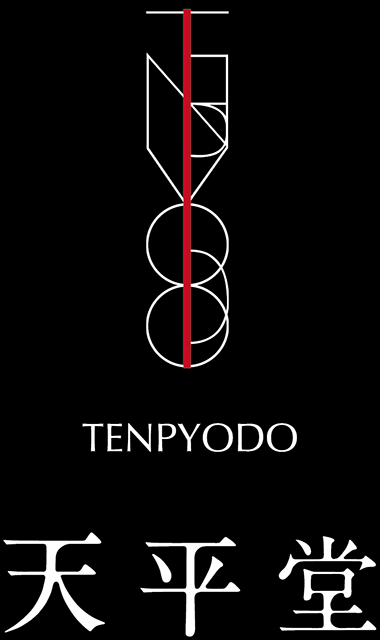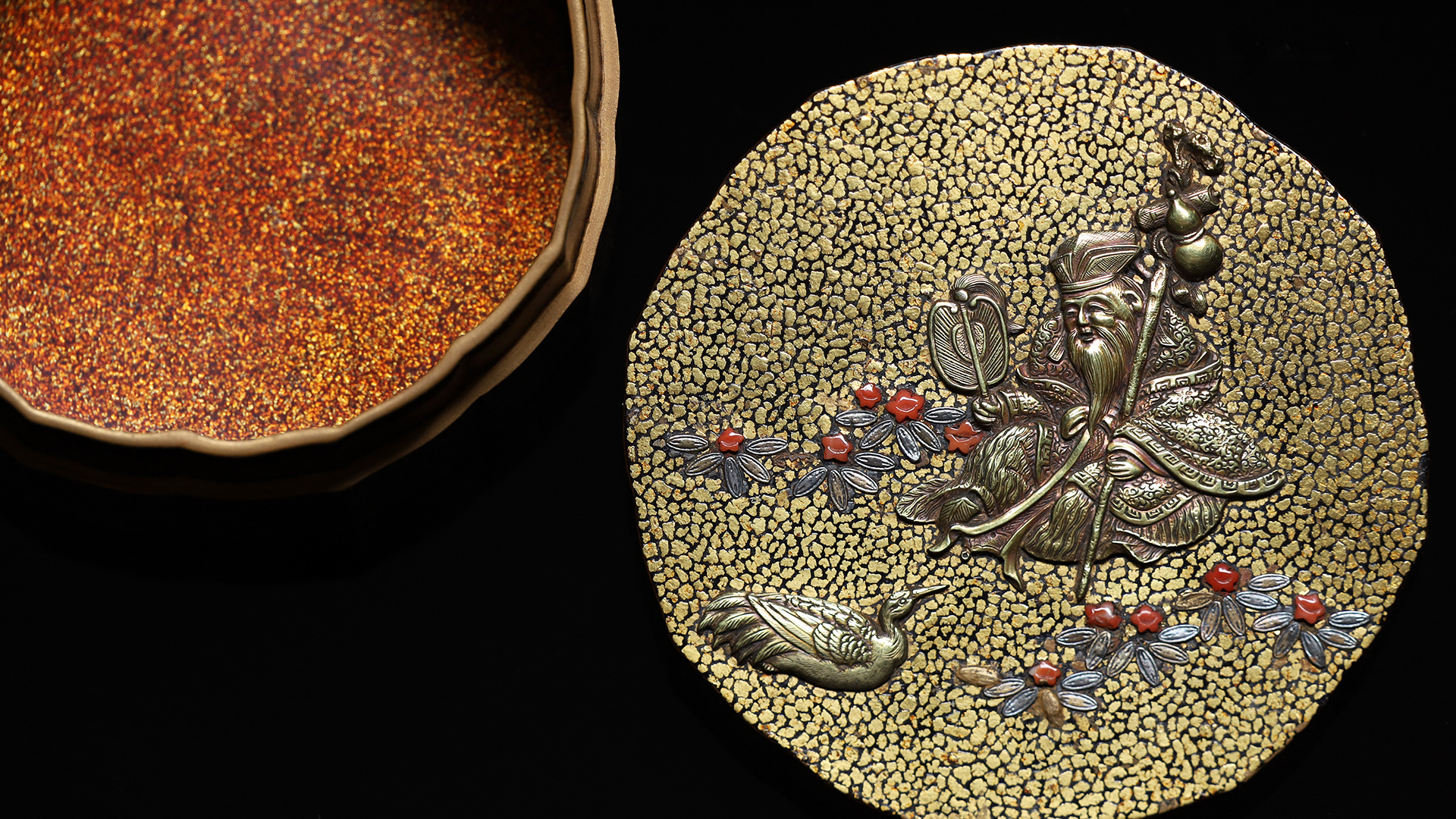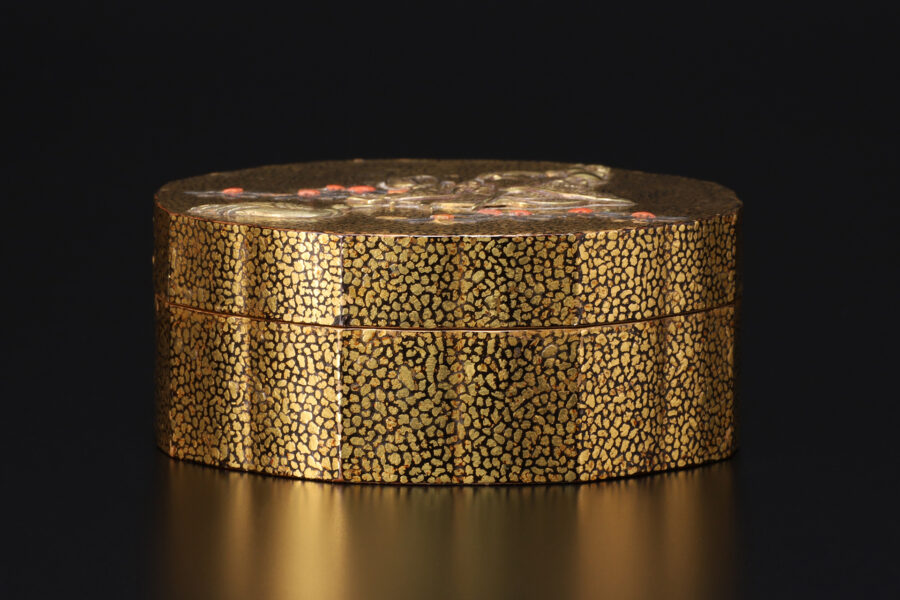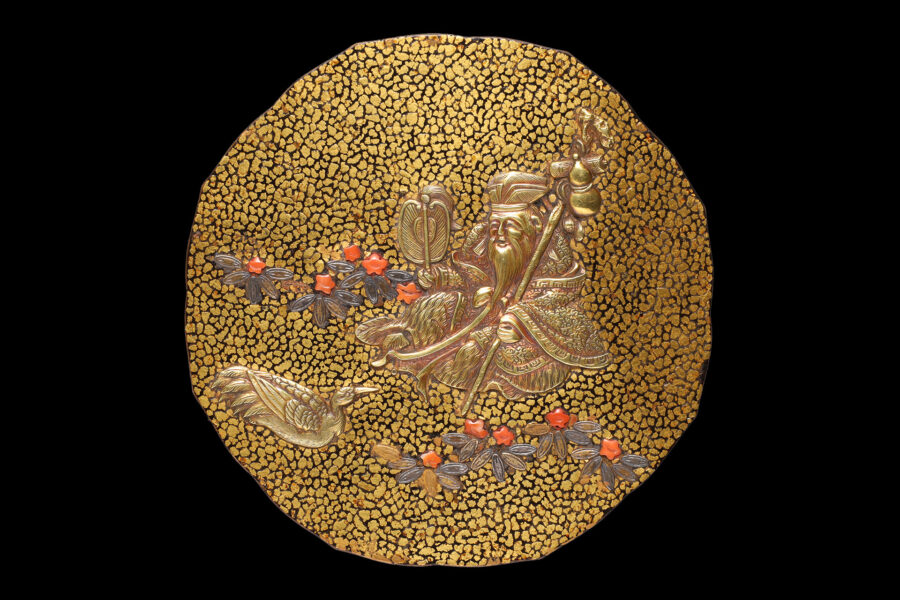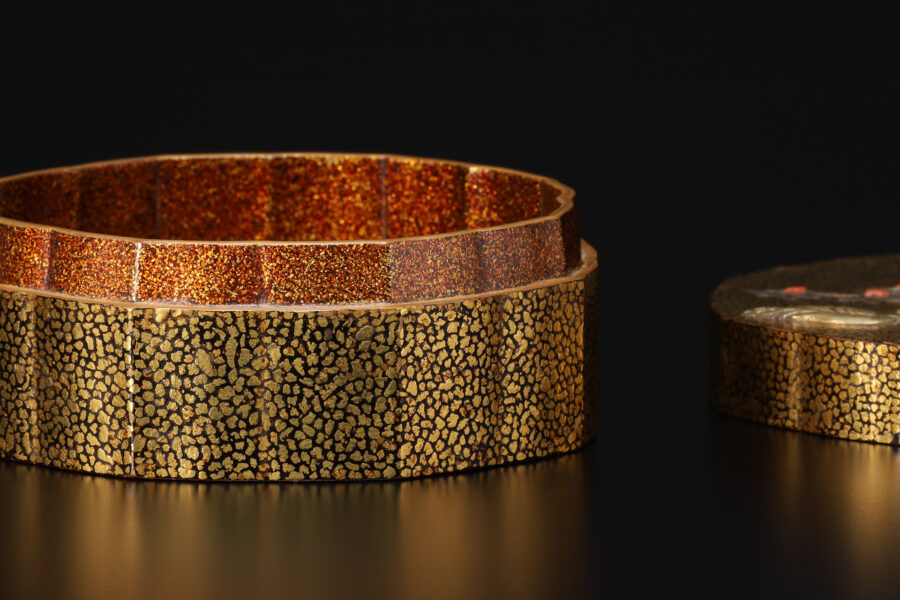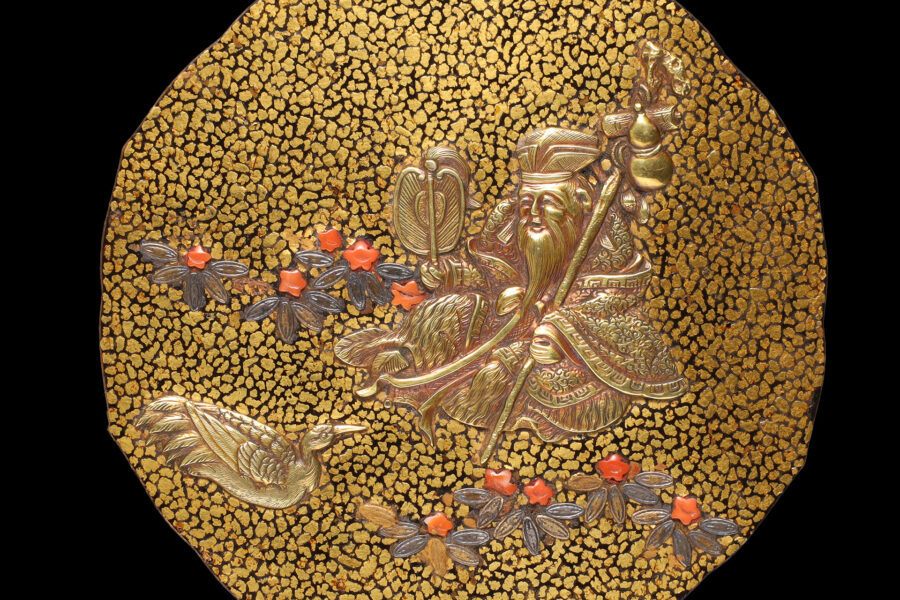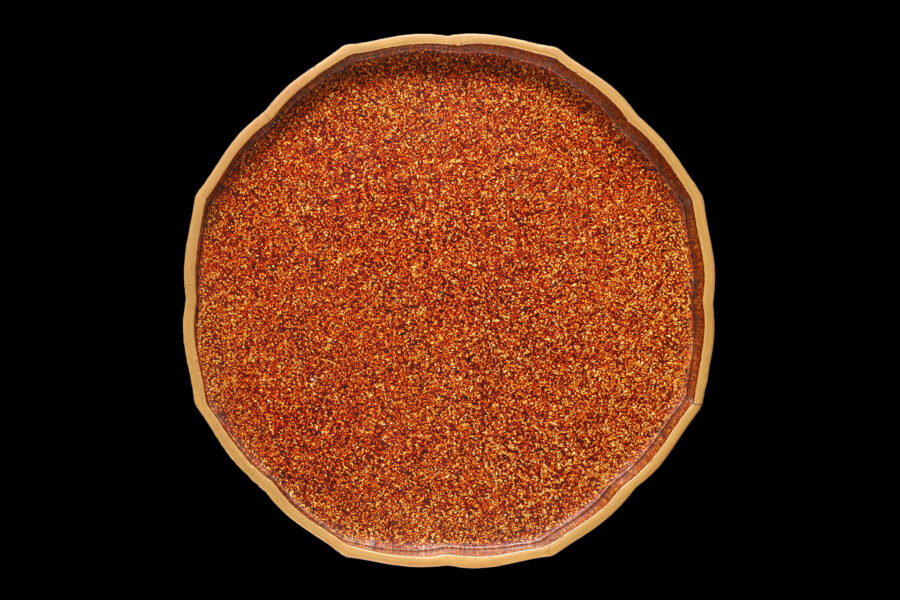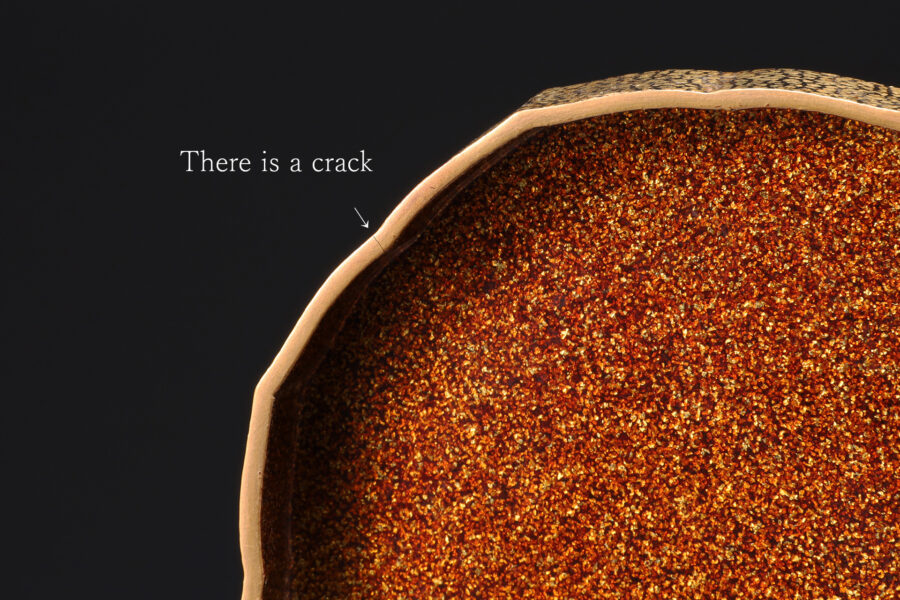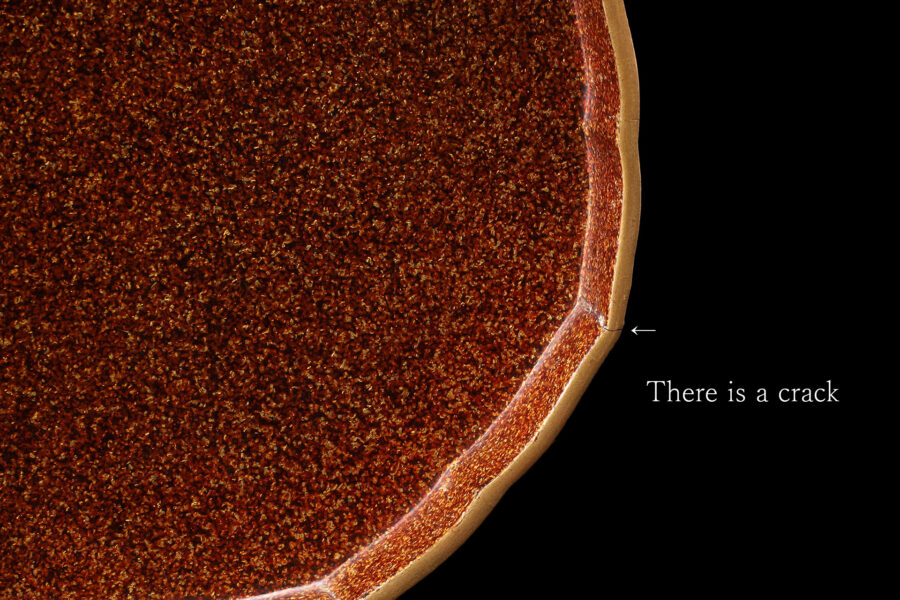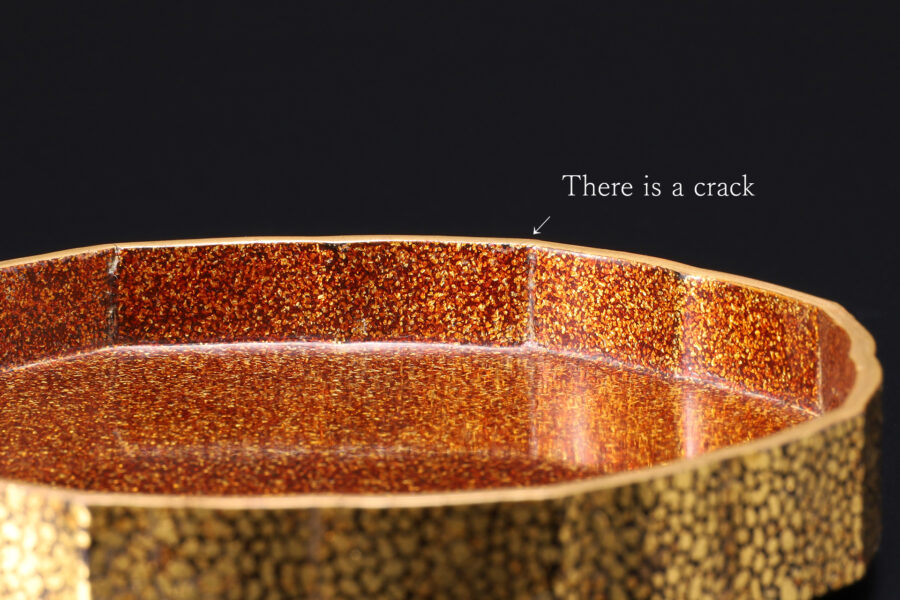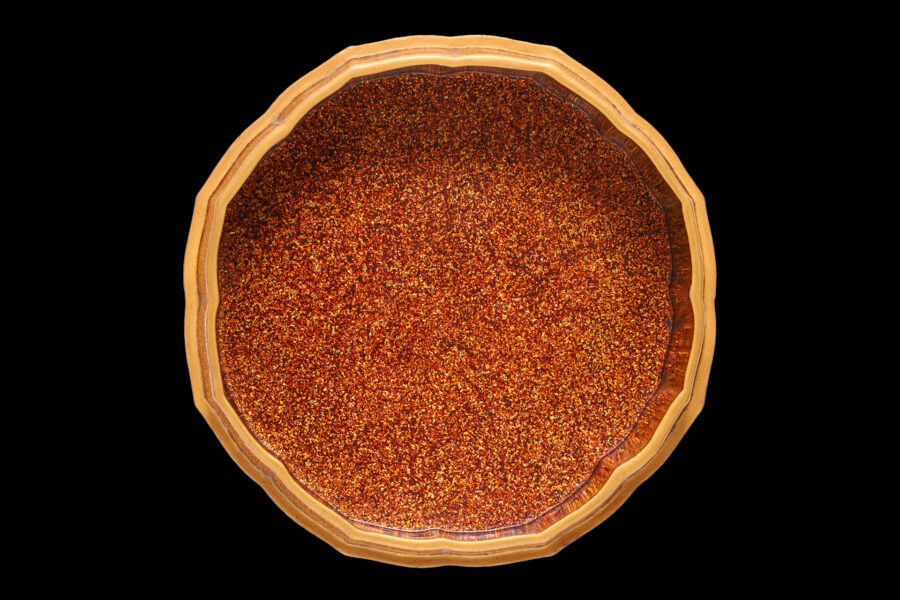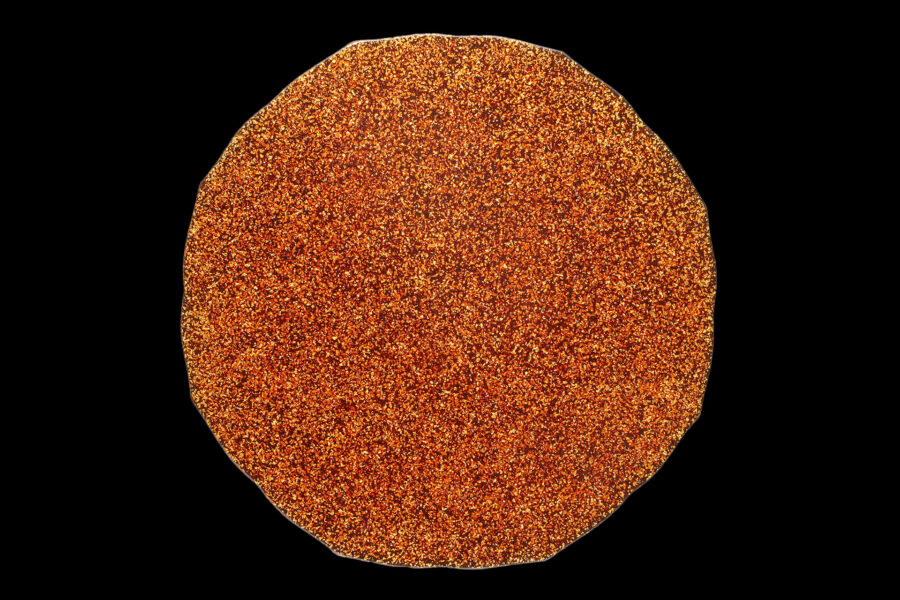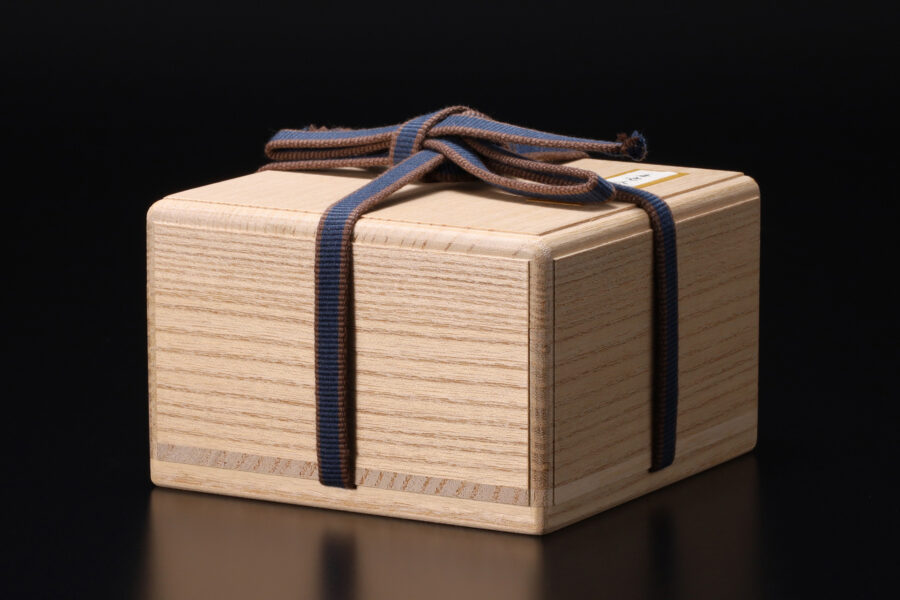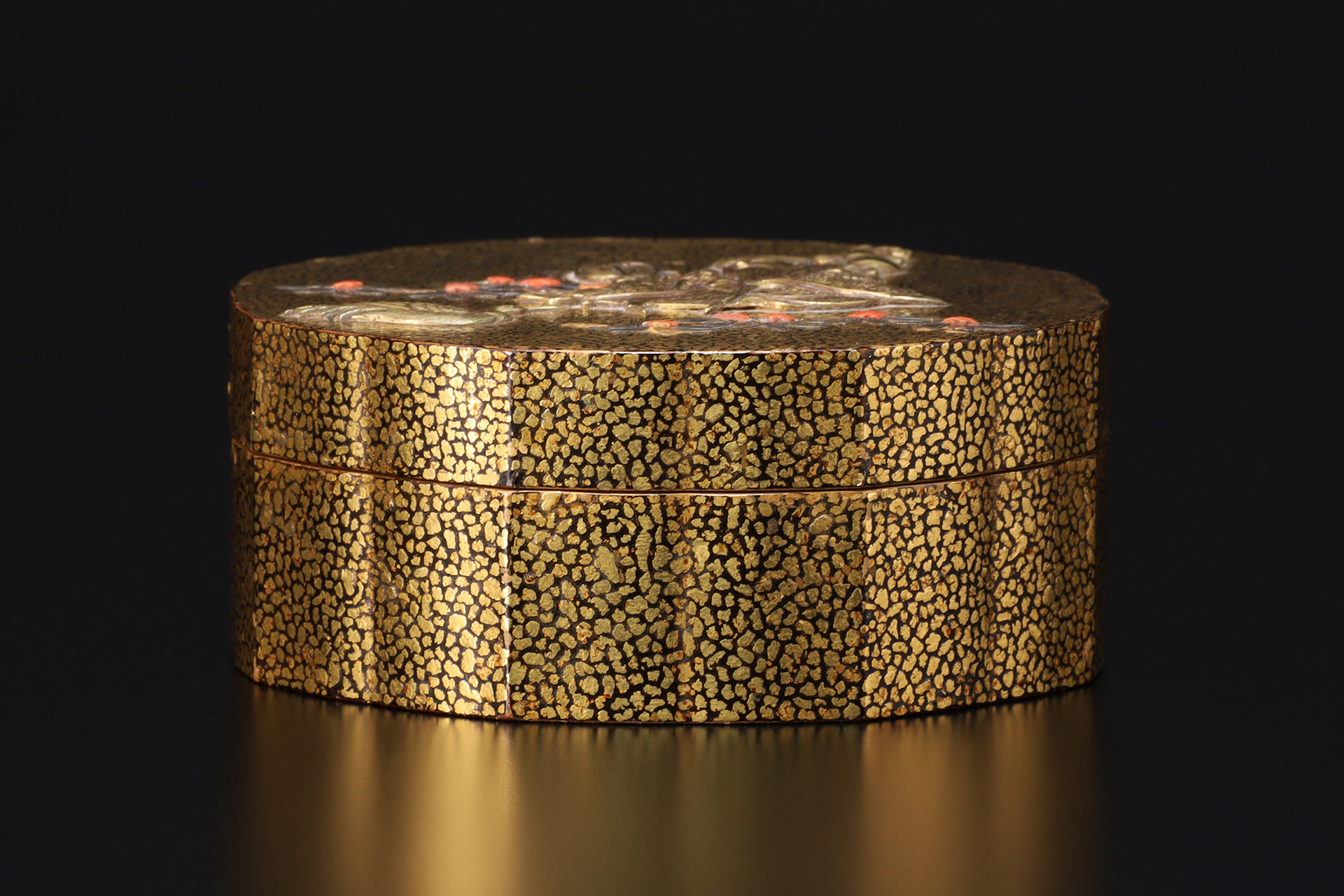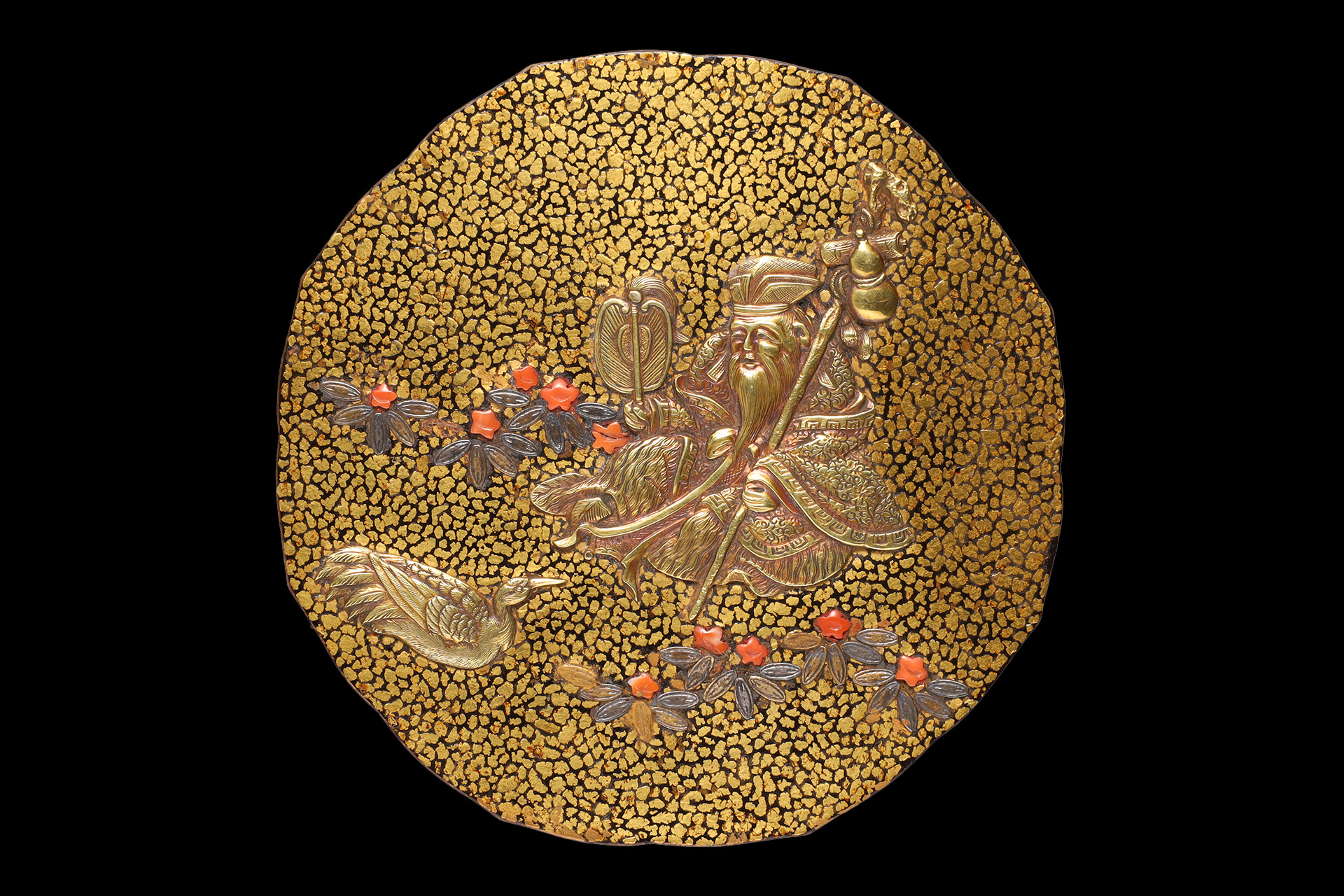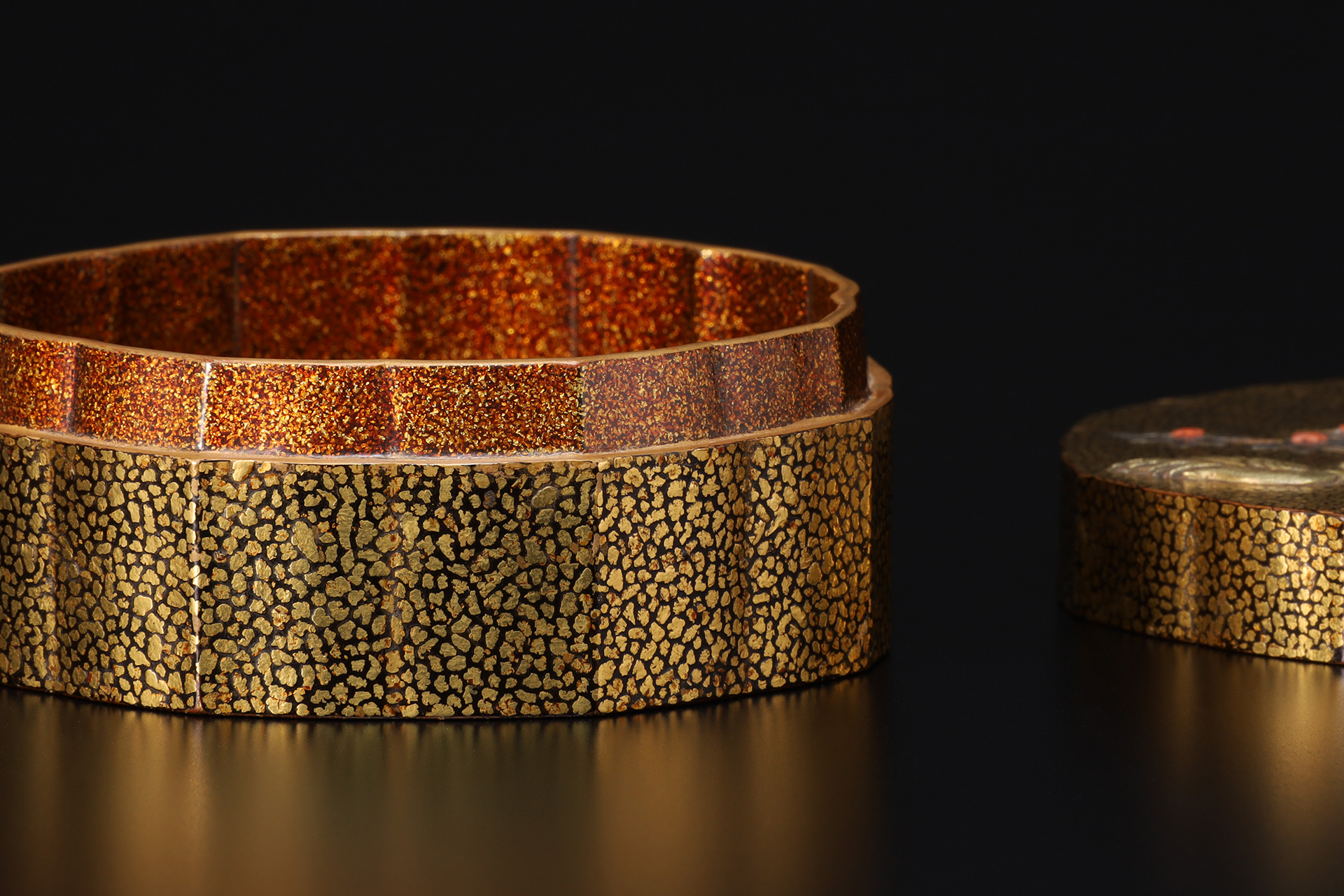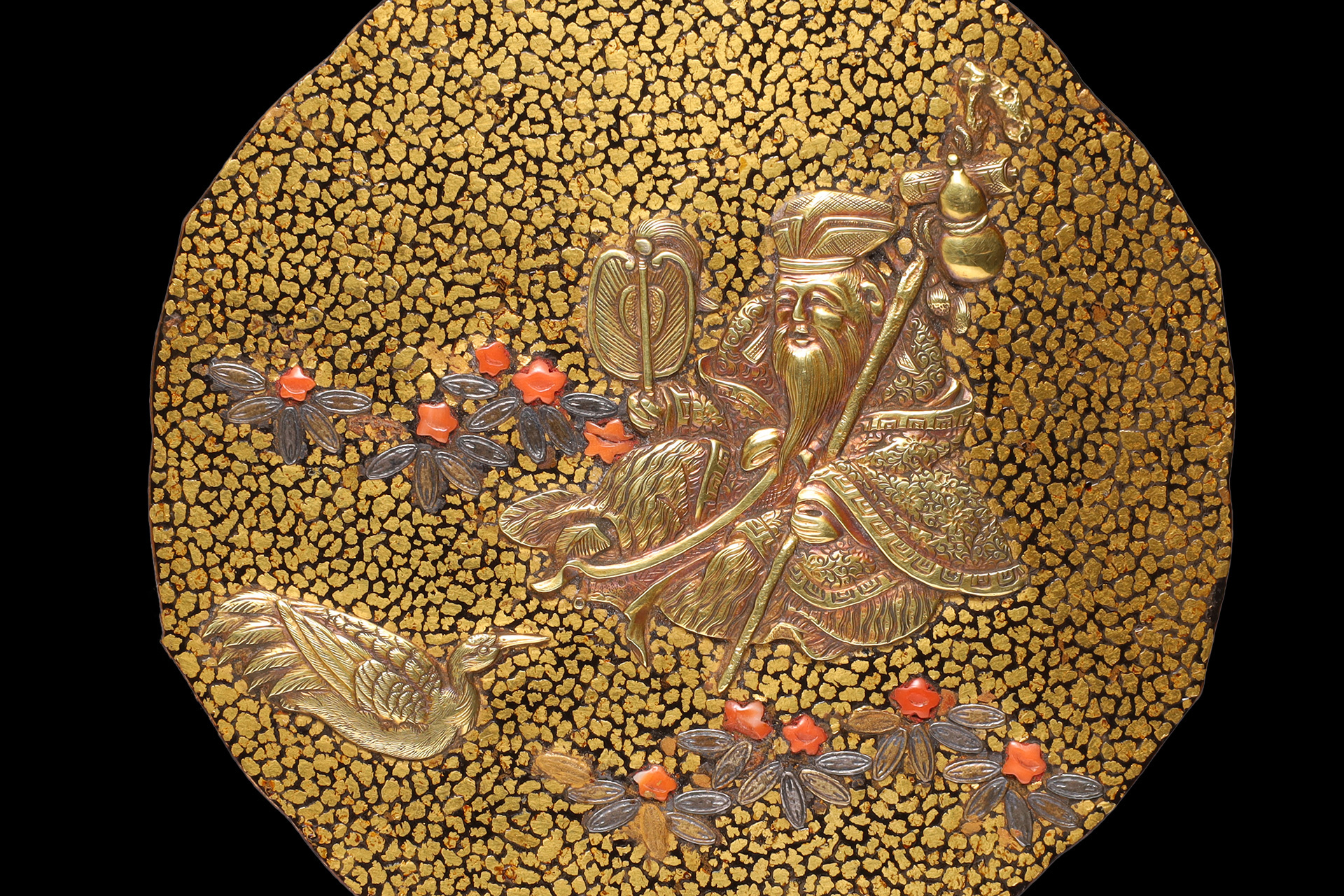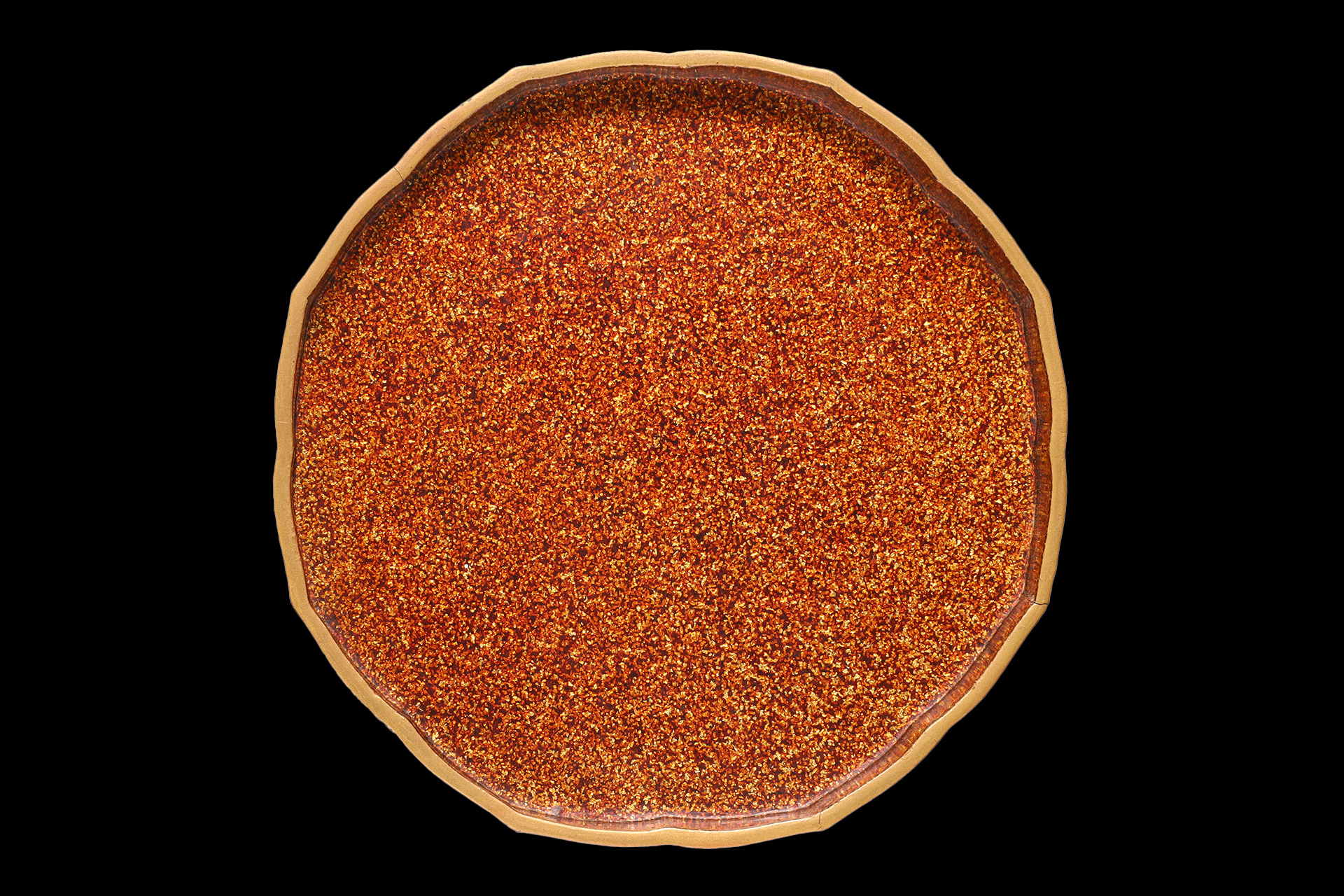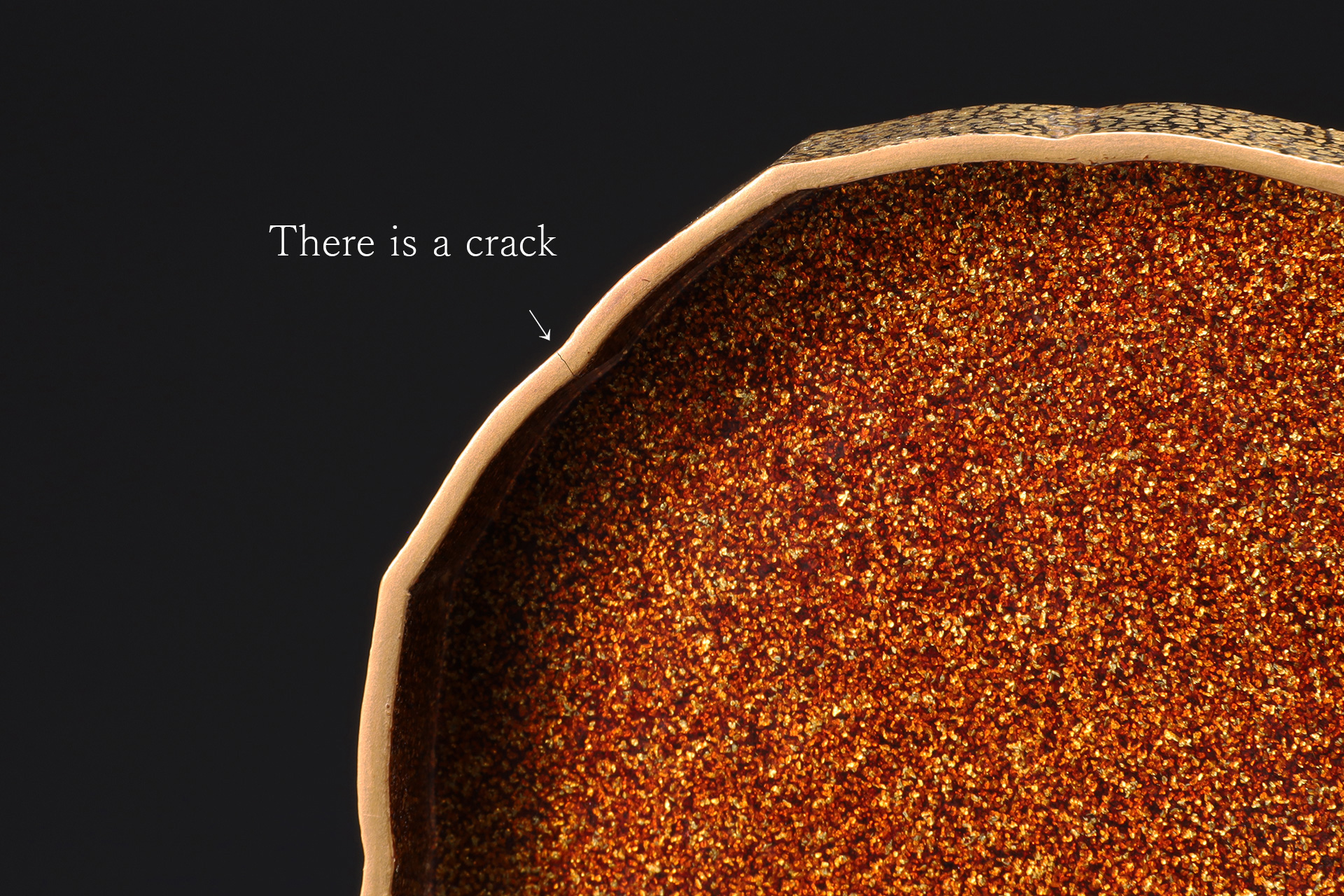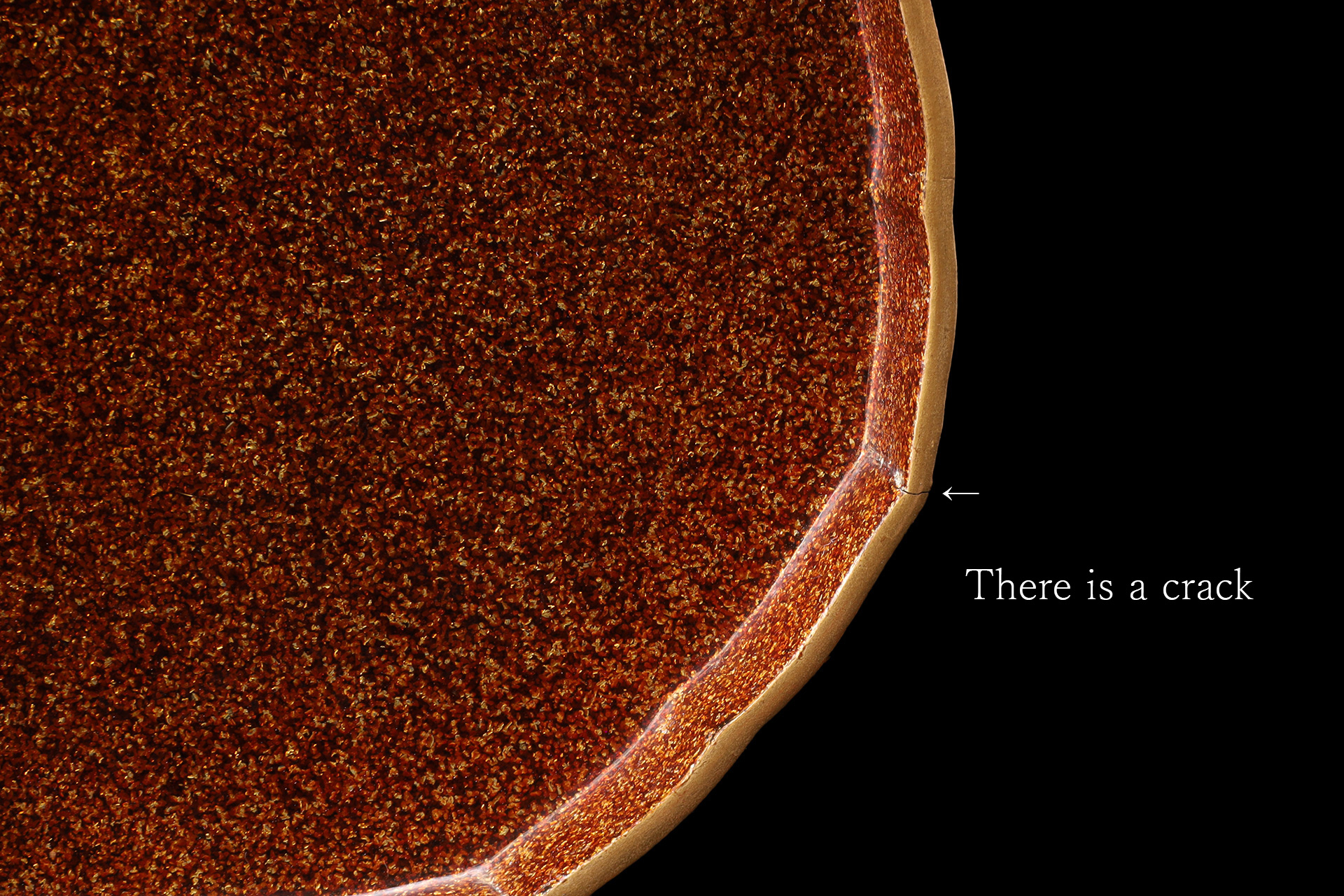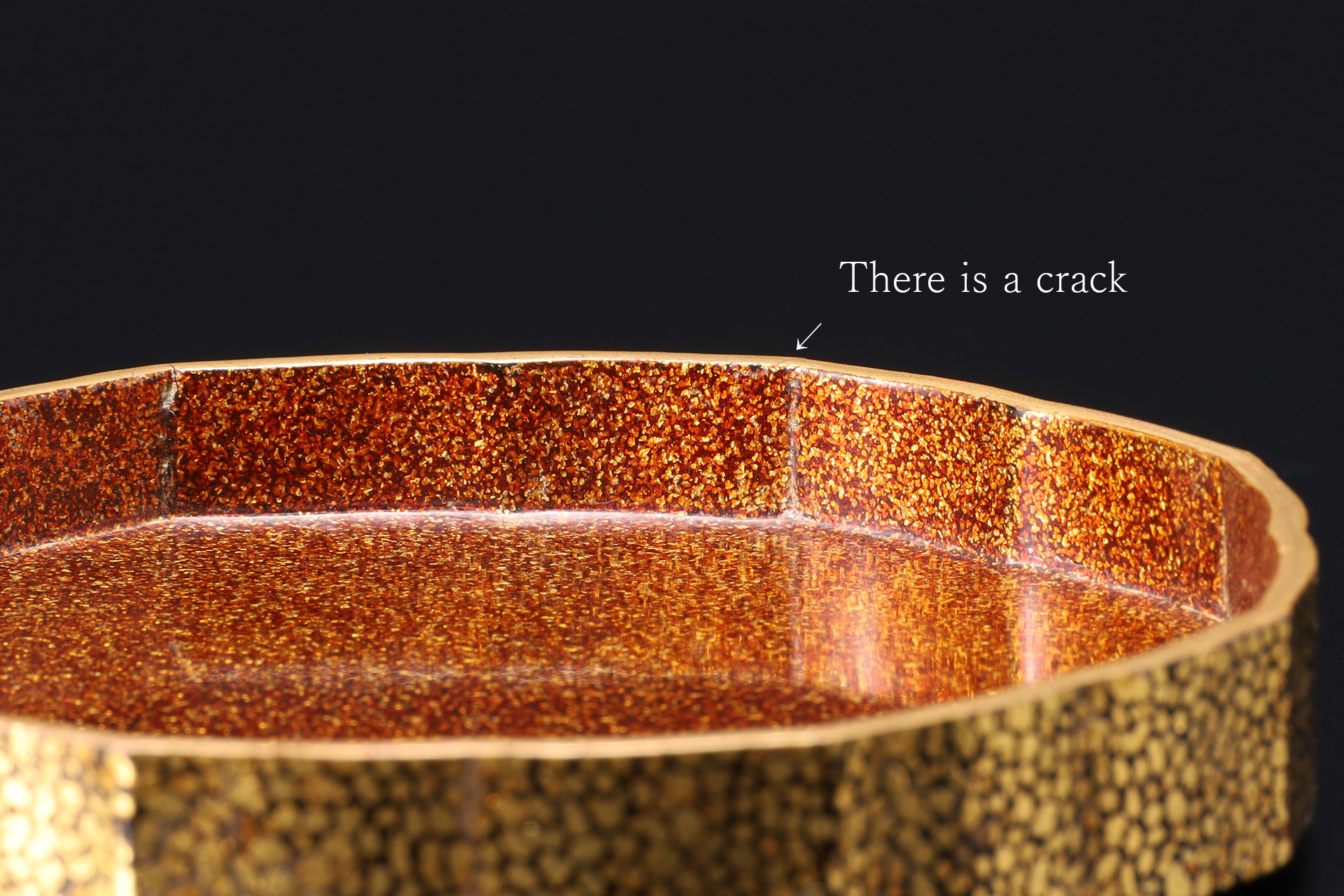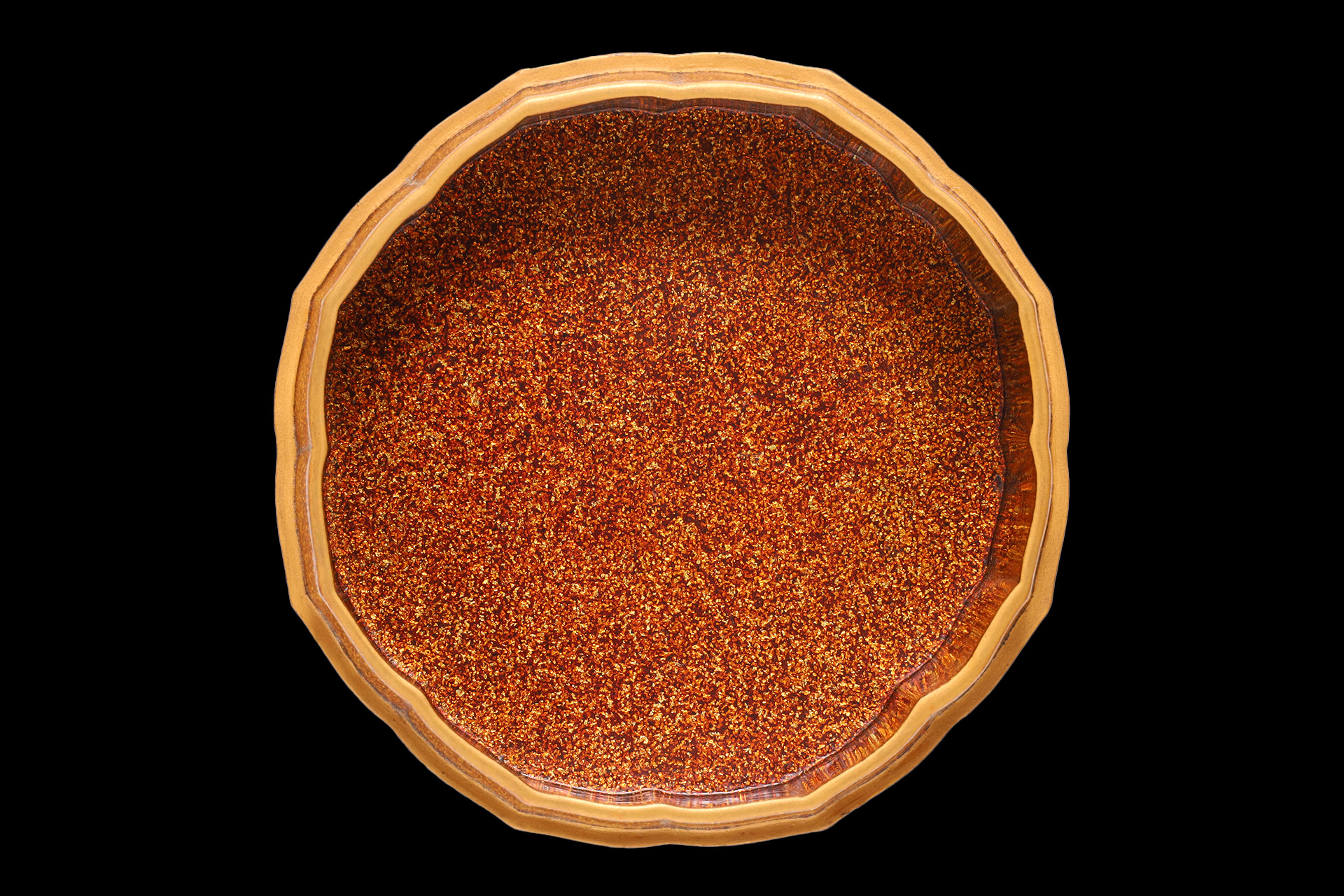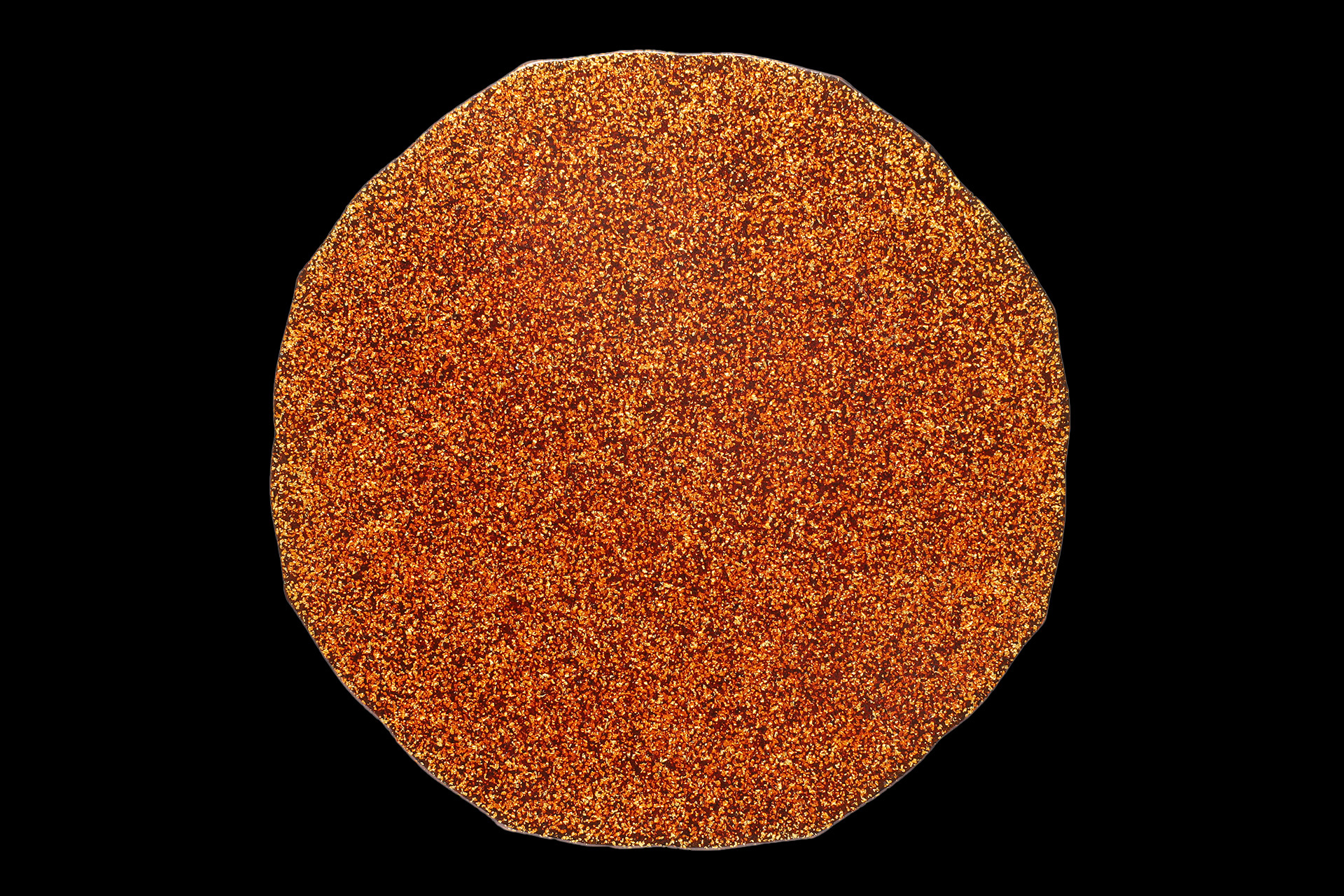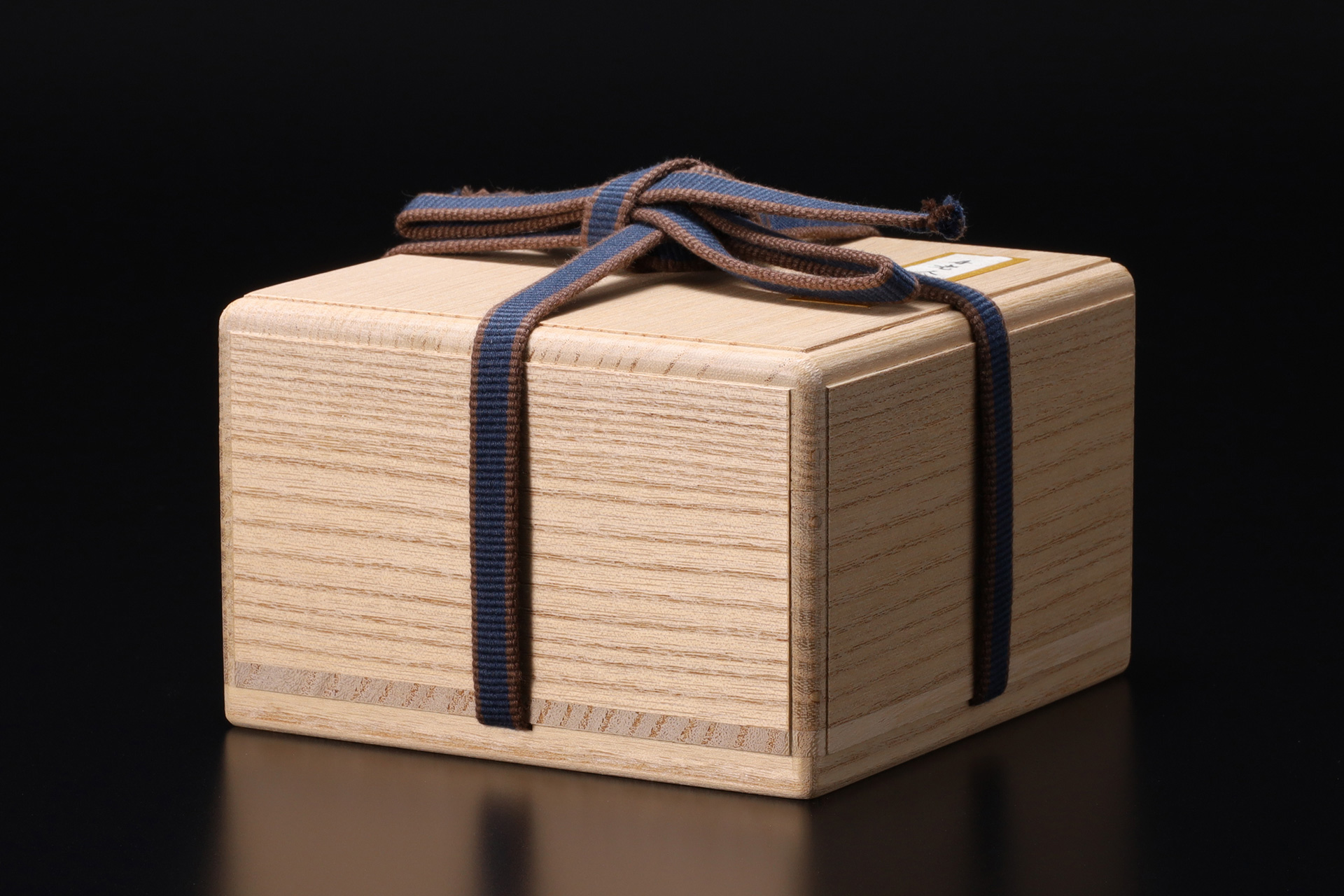This is the makie incense box that is gorgeous and has a strong presence. The surface of the vessel is beautifully decorated, with gold engravings of shouxing and crane, and coral sprinkled on flowers as accents. The interior and bottom are made of fine nashi-ji, making this the special work with no compromise on detail.
- Period
- Meiji Period
19th century
- Weight
- 138g
- Diameter
- 9.6cm
- Height
- 4.2cm
- Description
- Paulownia Box
- Condition
- There are slight scratches at the edge of the cover
Since it is the old makie, the damage is not noticeable and it is in good condition.
Makie
Makie draws designs on lacquerware with lacquer, it is a lacquer technique in which gold powder or silver powder is applied while it is not dry, and then sharpened and fixed on the surface. Excavations have also been confirmed from the remains of china during the sengoku period(403 BC-221 BC). It was reported that it was created in the nara period in japan, it developed as the aristocratic furniture and decoration in the temple during the heian period. The technique of using raden together became popular in the latter half of the heian period, the new techniques of hira-makie and taka-makie were born and basic techniques were almost completed during the kamakura period. The togidashi-makie was born and highly refined in the muromachi period, it gained popularity with the bold design and free expression during the momoyama period. The delicate and luxurious works were regularly used as furniture for western nobility in the edo period, it deepen artisticity as the art crafts in the meiji period. The upper class people of each period decorated their daily life with makie to enrich their daily lives.
